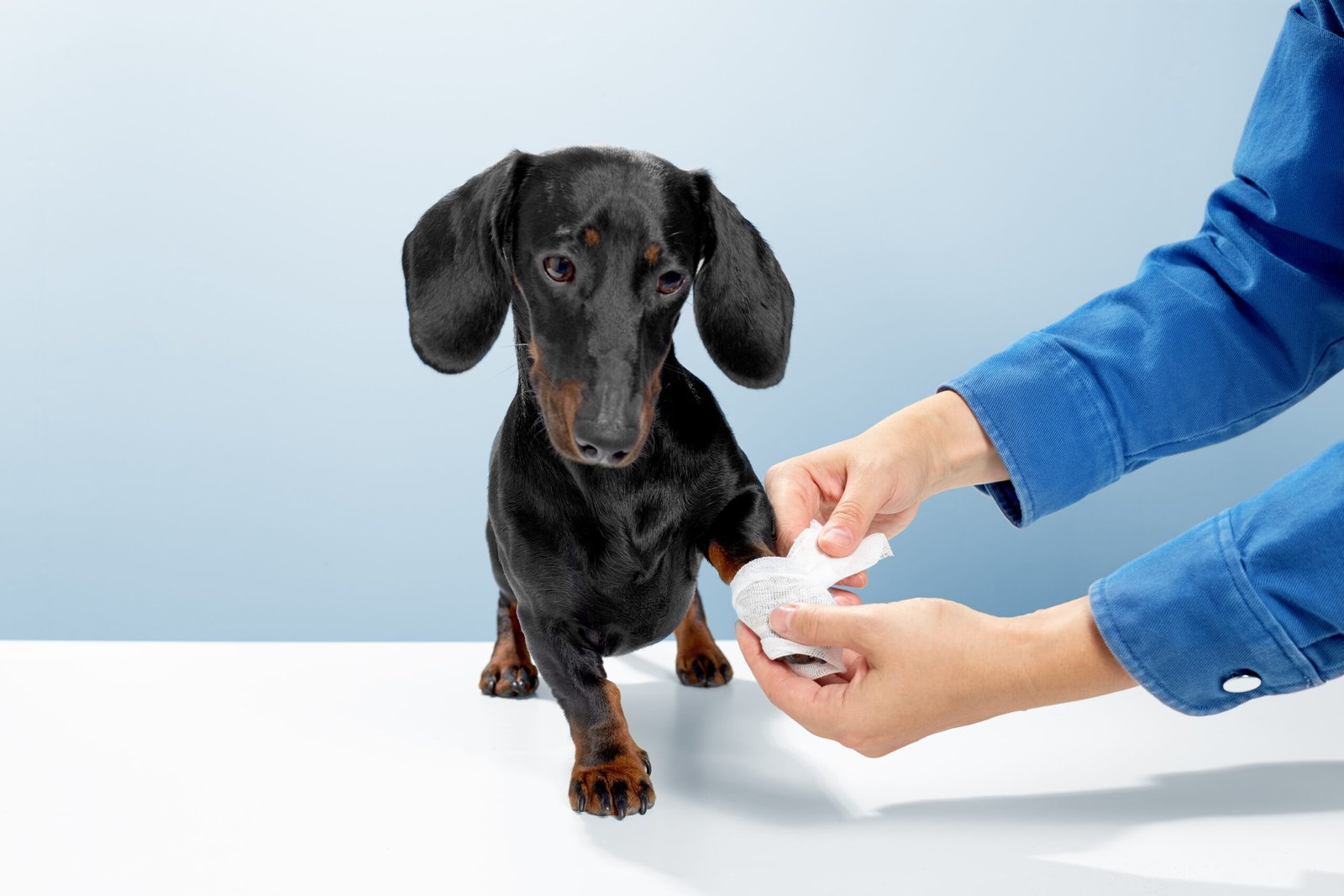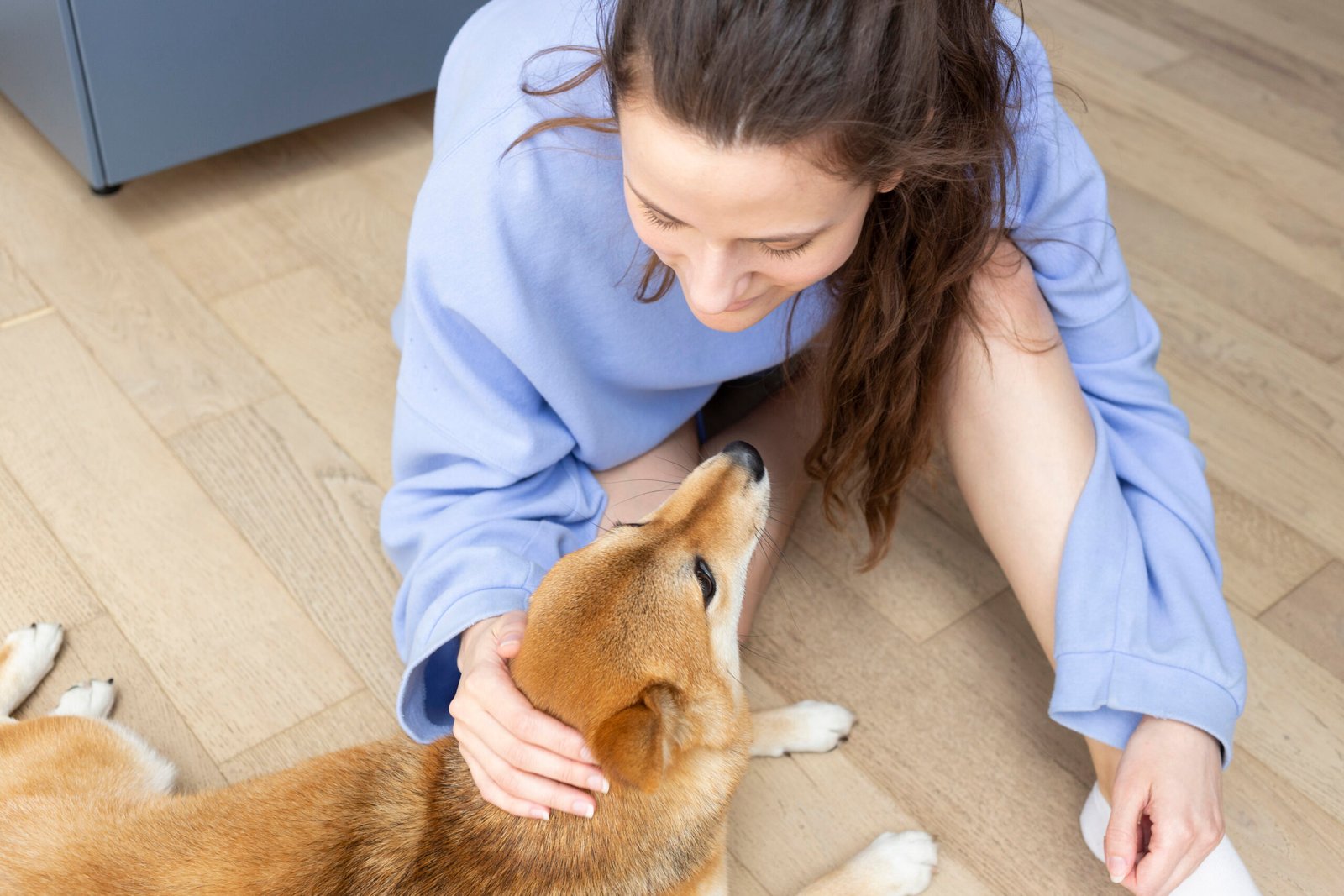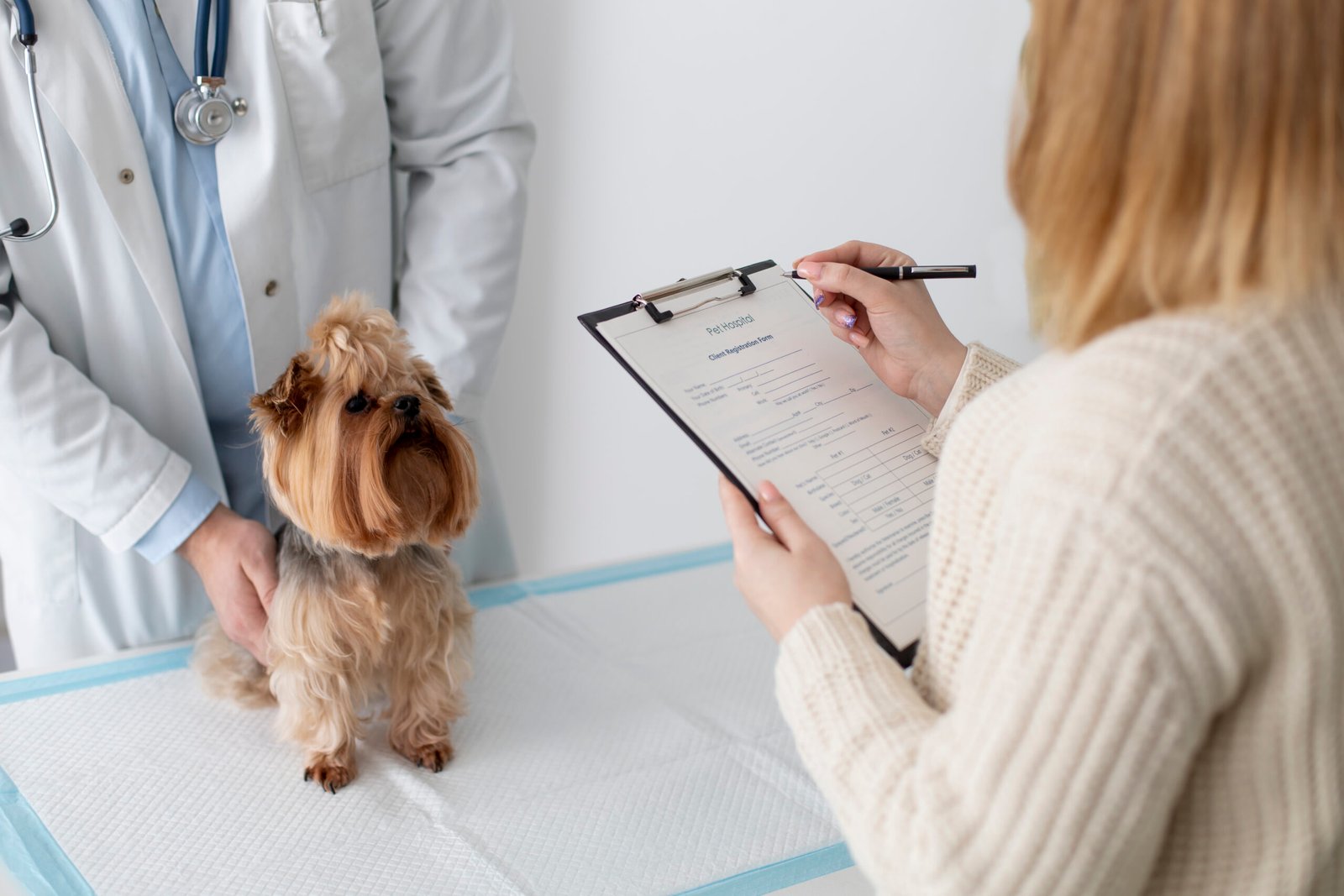Vaccinations are a crucial aspect of ensuring the long-term health of puppies. They protect them from various diseases that could potentially be life-threatening. However, it’s not uncommon for puppies to exhibit some side effects post-vaccination. In this article, we will explore the reasons vaccinations are essential, detail common and rare side effects, and discuss how you can care for your puppy after their shots.
Understanding Puppy Vaccinations
Types of Vaccines Typically Given to Puppies
Vaccinations for puppies generally include those against distemper, parvovirus, canine hepatitis, and rabies. Each vaccine plays a vital role in safeguarding puppies from infectious diseases. Veterinarians often recommend additional vaccinations based on specific regional risks, such as the Bordetella vaccine, which protects against kennel cough.
The Vaccine Schedule for Puppies
Adhering to the proper vaccine schedule is key to ensuring long-term immunity. Puppies typically begin their vaccination series at six to eight weeks of age. Boosters are then administered every three to four weeks until around 16 weeks of age. This schedule helps in building a robust immune system ready to fend off pathogens.
Importance of Following the Vaccination Schedule
Following the recommended vaccination schedule is crucial to prevent gaps in immunity. Puppies’ immune systems are still developing, making them particularly vulnerable to infections. Delayed vaccinations can leave puppies unprotected, making adherence to the schedule vital for their wellbeing.
Common Side Effects of Puppy Vaccinations
Mild Side Effects
After vaccinations, some puppies may display mild side effects. Lethargy is one of the most common; puppies might seem a bit sluggish or sleep more than usual. A mild fever is also typical, as the body responds to the vaccine. You may notice a temporary decrease in appetite as well, which generally resolves within a day or two.
Localized Side Effects
Localized reactions at the injection site are fairly common. You might find a small swelling or lump where the shot was given, accompanied by mild pain or tenderness. These symptoms typically subside within a week. Gentle massaging of the area can sometimes alleviate discomfort.
Rare and Serious Side Effects
Allergic Reactions
Though rare, allergic reactions to vaccines can occur. Symptoms to watch for include excessive itching, hives, or facial swelling. If these symptoms occur, it’s important to contact your veterinarian immediately for advice and potential treatment.
Anaphylaxis Signs and Symptoms
Anaphylaxis is a severe allergic reaction, though it is extremely rare, occurring in less than 0.001% of cases according to the U.S. Centers for Disease Control and Prevention (CDC). Symptoms can include difficulty breathing, vomiting, or collapse. Immediate veterinary attention is required in these instances.
Other Serious Side Effects and When to Worry
Other serious side effects are unusual but warrant attention if observed. These can include prolonged vomiting, diarrhea, or a consistent high fever. If your puppy exhibits any of these symptoms post-vaccination, it is crucial to consult with your veterinarian.
What to Expect After Puppy Vaccinations
 Monitoring Your Puppy Post-Vaccination
Monitoring Your Puppy Post-Vaccination
Close monitoring of your puppy for several hours after their shots is advisable. Keep an eye out for any adverse reactions and ensure they are comfortable. Offering ample water and a quiet, cozy place to rest can assist in their recovery.
Typical Duration of Side Effects
Most side effects manifest shortly after vaccination and should resolve within 24 to 48 hours. Continued symptoms beyond this timeframe, however, might necessitate veterinary advice. The exceptions are mild lumps at the injection site, which may take a week to disappear completely.
When to Seek Veterinary Help
It’s crucial to seek veterinary help if side effects persist or worsen. In particular, if severe symptoms such as difficulty breathing or persistent vomiting occur, immediate attention is necessary. It’s always better to err on the side of caution for your puppy’s health.
 Tips for Minimizing Side Effects and Helping Your Puppy
Tips for Minimizing Side Effects and Helping Your Puppy
Preparing Your Puppy Before Vaccination
Before vaccination, ensure your puppy is in good health, well-fed, and hydrated. Stress can exacerbate side effects, so maintaining a calm environment contributes positively to their response to vaccines. Dr. John Doe of the American Veterinary Medical Association advises creating a positive experience by bringing their favorite toy or treat.
Post-Vaccination Care
Post-vaccination, it’s important to allow your puppy to rest. Provide a quiet, comfortable space and monitor their food and water intake. Keep them from engaging in strenuous activity, which could exacerbate any mild side effects they are experiencing.
Comforting and Caring for Your Puppy
Comfort your puppy by speaking softly and offering gentle pets. If they seem anxious, your presence can provide reassurance. Always monitor their behavior and react promptly to any signs of discomfort or anxiety.
Frequently Asked Questions (FAQs)
How Long Do Side Effects Last?
Most side effects will disappear within one to two days. Swelling at the injection site might last slightly longer but typically dissipates within a week. If effects persist, consult your vet.
Are Certain Breeds More Prone to Side Effects?
Some studies suggest that smaller breeds might be more prone to mild vaccination side effects compared to larger breeds. However, serious reactions remain rare across all breeds. If concerned, discuss specific risks with your veterinarian.
Can Multiple Vaccinations Be Given at Once?
Yes, veterinarians often administer multiple vaccinations during one visit to adhere to the vaccination schedule efficiently. This approach minimizes stress from repeated visits. Discuss with your vet if you have concerns about vaccine combinations.
Conclusion
Vaccinations are essential for safeguarding puppies against dangerous diseases. Despite the possibility of mild side effects, the protection provided is invaluable. Understanding potential side effects can help you better prepare and care for your puppy. Always consult with a trusted veterinarian to address any concerns and keep your puppy healthy and happy.
Additional Resources
- American Veterinary Medical Association’s Guide on Vaccinations
- Local Veterinary Contacts: Find a Vet Near You
- Recommended Reading: “The Well Dog Book: A Comprehensive Guide to Keeping Your Dog Healthy” by Terri McGinnis
By staying informed and attentive, you can ensure that your puppy receives the best possible start to a healthy life. 🐾## Frequently Asked Questions (FAQs)
How Will I Know If My Puppy Is Having a Severe Reaction?
It is important to recognize the signs of a severe allergic reaction, also known as anaphylaxis, in your puppy. Symptoms of anaphylaxis can include difficulty breathing, swelling of the face or neck, sudden vomiting, and diarrhea. If you observe these symptoms, contact your veterinarian immediately, as this is a medical emergency requiring prompt treatment.
How Can I Help My Puppy Feel More Comfortable After Vaccinations?
To help your puppy feel more comfortable after vaccinations, provide a calm and quiet environment. Offer a cozy space where they can rest without disturbances. You can also soothe your puppy with gentle petting and a soft voice, reassuring them that everything is alright. Monitoring their food and water intake is also essential to ensure they remain hydrated and nourished.
Is It Safe to Delay My Puppy’s Vaccination Schedule?
While it might seem convenient to delay vaccinations, it is not advisable. Puppies have developing immune systems and rely on timely vaccinations to safeguard them against potentially deadly diseases. Delaying the schedule can leave them vulnerable to infections, jeopardizing their overall health. Always discuss any concerns about vaccination timing with your veterinarian to explore your options.
Can My Puppy Play with Other Dogs Post-Vaccination?
After vaccination, it’s wise to limit your puppy’s interactions with other dogs for a short period, particularly in public settings. This is to prevent exposure to illnesses while their immune system adjusts post-vaccination. Generally, after the final series of core vaccines, including boosters at around 16 weeks, your puppy will have built sufficient immunity to safely socialize with other animals.
What Precautions Should I Take If My Puppy Has Had Adverse Reactions in the Past?
If your puppy has previously exhibited adverse reactions to vaccinations, inform your veterinarian before future vaccines are given. Your vet may recommend pre-medication or a monitored vaccination in a clinical setting to mitigate risks. They may also advise an alternative vaccination schedule or different vaccine formulations tailored to your puppy’s needs.
Are There Natural Alternatives to Vaccines for Puppies?
While natural remedies and supplements can support a puppy’s overall health, they do not replace vaccinations. Vaccines provide targeted immunity against specific diseases that natural treatments cannot match. It is vital to follow the recommended vaccination schedule outlined by your veterinarian to ensure comprehensive protection against serious illnesses.
How Can I Track My Puppy’s Vaccination Records?
Maintaining accurate records of your puppy’s vaccinations is very important. Your veterinarian can provide a vaccination card or digital record, documenting each vaccine and its administration date. Consider keeping a physical and electronic copy for ease of access. Regularly update these records and bring them to veterinary appointments to track your puppy’s health history accurately.


 Monitoring Your Puppy Post-Vaccination
Monitoring Your Puppy Post-Vaccination Tips for Minimizing Side Effects and Helping Your Puppy
Tips for Minimizing Side Effects and Helping Your Puppy





